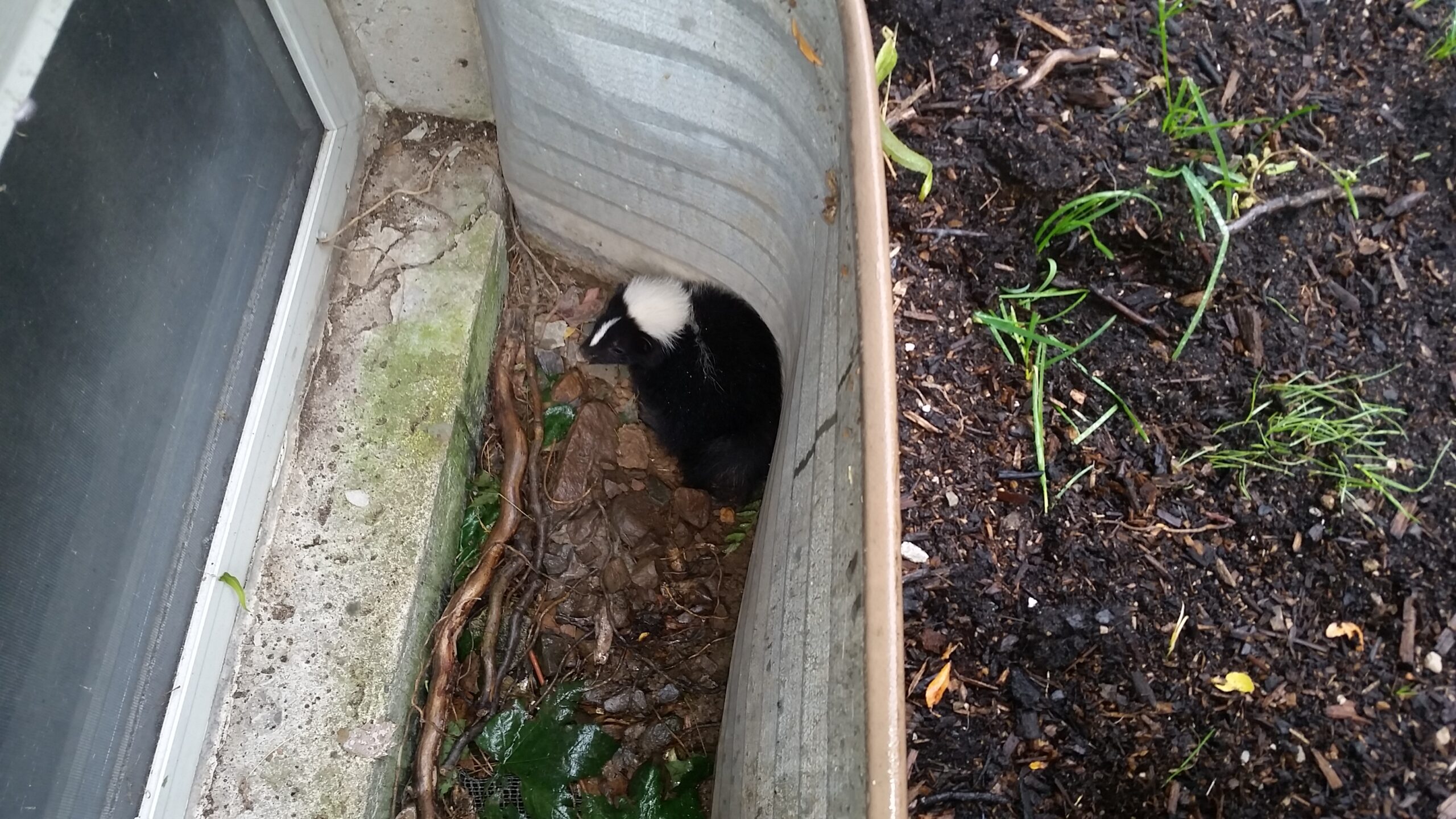Clearing up Misunderstandings That Humans Have About Skunks
Though skunk spray smells bad, it is rarely dangerous unless the target is exposed to high concentrations, swallows it or gets it in the eyes. That isn’t to say that the chemicals don’t cause discomfort. Direct contact with the spray can lead to sneezing, nausea, vomiting and temporary blindness. These effects occur more frequently in pets because they are more inclined to get hit in the face at close range. This striped critter is not aggressive unless it is threatened. Usually, they are quite shy and do everything they can to avoid confrontation. A skunk only sprays as a last resort or if there is just cause — such as a mama defending her little ones. Their oily discharge is their primary defence mechanism, but they have to be judicious in using it. If the animal fully discharges its spray, it takes 10 days to replenish.Looking for Signs That Things Could Get a Little Stinky
While you don’t want skunks making a buffet out of your garden, they also eat insects, grubs and other critters that can damage your yard. They provide a benefit to our ecosystems and serve important roles in nature. They aren’t so good as house guests. Skunks are nocturnal animals, so you don’t often see them out and about unless you spend time outdoors after dusk. Still, you can keep an eye out for signs that a skunk has set up a house on your property. Look (or smell) for these indications that you have a stripey house guest:- Skunks often build dens under decks, porches or buildings. If you smell a musky odour that isn’t as strong as the spray in the vicinity of an ideal denning spot, you probably have a skunk in residence.
- You can identify a den by looking for a smooth patch of dirt, sometimes with branches, grasses and other debris piled up to cover the opening.
- Look out for droppings and alternating five-clawed footprints.
- Skunks often dig for their sustenance in yards, leaving behind small, shallow holes.



